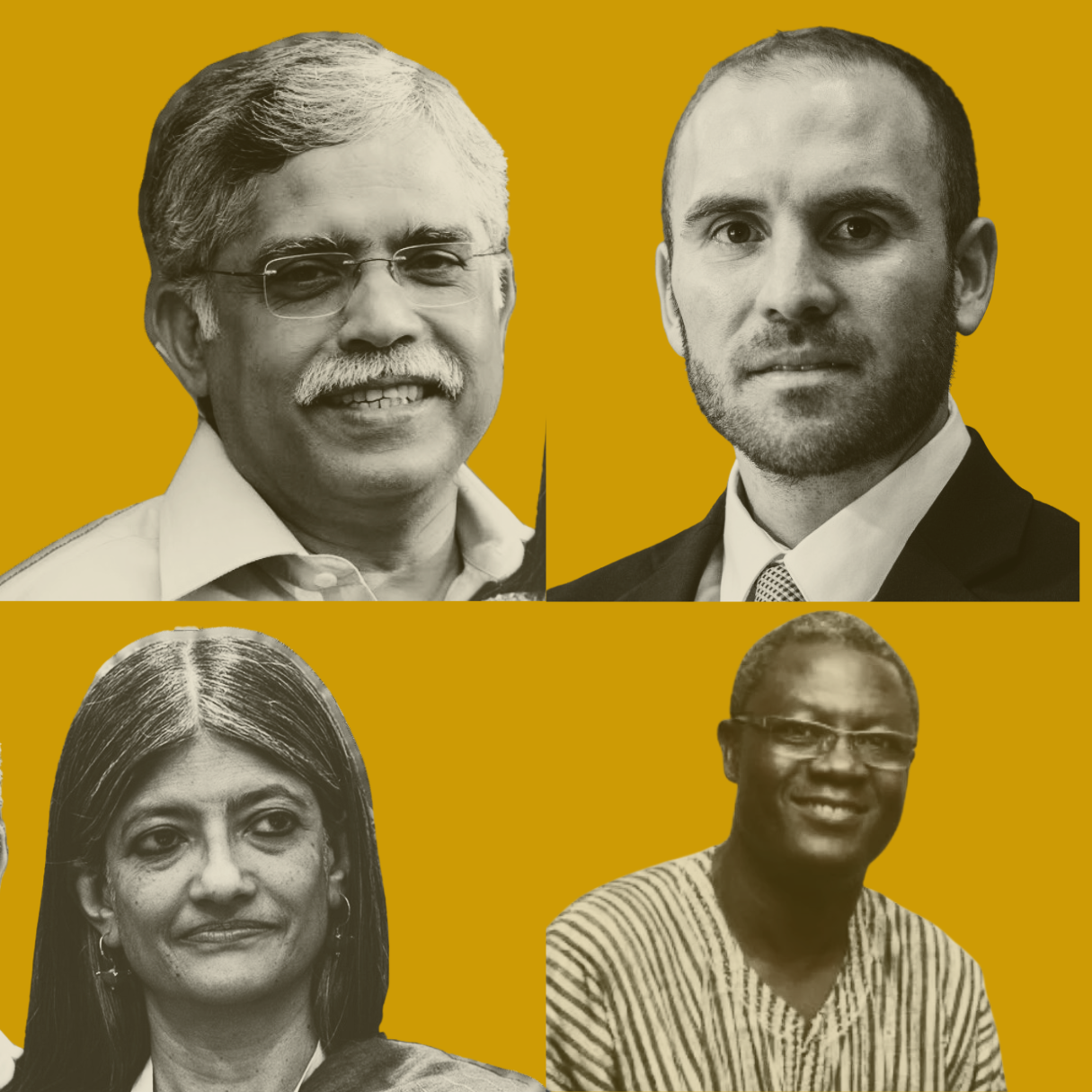
by C P Chandrasekhar,Martin Guzman,Jayati Ghosh & Charles Abugre
Sri Lanka’s new president, Anura Kumara Dissanayake, must reject his predecessor’s recent debt-restructuring deal with bondholders. That agreement would inflict unnecessary pain on Sri Lanka’s population and set a dangerous precedent, undermining other developing economies’ ability to restructure their foreign debts.
Ranil Wickremesinghe, Sri Lanka’s president, recently lost his re-election bid after voters overwhelmingly rejected the debt-restructuring deals he negotiated with the International Monetary Fund (IMF) and other creditors. Instead, Sri Lankans elected Anura Kumara Dissanayake, leader of the left-wing National People’s Power (NPP) alliance and a vocal critic of IMF-imposed austerity measures, who has vowed to renegotiate the country’s agreement with the fund.
In an effort to persuade voters that his leadership was crucial to resolving the country’s ongoing debt crisis, Mr Wickremesinghe announced on Sept 19 — just two days before the presidential election — that he had secured a debt-restructuring deal with international private bondholders. If Mr Dissanayake is committed to charting a new economic course, his most pressing task will be to renounce this deal.
Sri Lanka’s debt crisis, which caused the country to default on its foreign debt in 2022 and left its economy in shambles, can be attributed to gross economic mismanagement under the corrupt administration of former president Gotabaya Rajapaksa. Mr Wickremesinghe, who became interim president and had to oversee the protracted restructuring negotiations, was forced to accept onerous and humiliating conditions, including severe austerity measures and cuts to workers’ pensions, in exchange for a US$2.9 billion IMF loan.
During our visit to Sri Lanka in July, we witnessed firsthand the heavy toll the IMF programme has taken on the country’s population. One problem lies in the fund’s debt-sustainability analysis, which served as the basis for debt-restructuring negotiations and set flawed and unrealistic targets. By now, it is abundantly clear that the country cannot meet these targets, yet ordinary Sri Lankans continue to bear the costs of a failed economic strategy.
As of March 2024, international bondholders held roughly copy2.5 billion of Sri Lanka’s $34 billion in foreign debt. The deal Mr Wickremesinghe announced just before the election proposes swapping existing debt for new bonds at a lower value — thereby imposing an immediate haircut on creditors, although much lower than required to restore debt sustainability under sensible assumptions — and introduces a novel financial instrument: macro-linked bonds.
.This instrument, which would require the Sri Lankan government to share the gains from above-target GDP growth with its creditors, was initially presented as a way to enhance debt sustainability. In reality, its primary purpose is to maximise payments to bondholders, offering Sri Lanka no protections if economic growth does not recover.
The proposed deal, which still needs to be approved by the fund and the official creditors’ committee, would inflict unnecessary pain on the people of Sri Lanka. It would also set a dangerous precedent by undermining legislative efforts now underway to limit private bondholders’ ability to pressure developing-country governments during debt-restructuring negotiations.
A draft of the proposed agreement underscores the far-reaching implications of Sri Lanka’s debt-restructuring deal for other financially distressed countries seeking to restructure their external obligations. Hidden within the text is a provision that allows bondholders to “change the governing law” of the new securities to “English or Delaware law” with the approval of a supermajority of bondholders, “if proposed by holders of 20% of any particular series of the new securities”.
Simply put, a small group of bondholders could initiate a vote to change the jurisdiction in which legal disputes or future restructuring agreements are handled. If a “supermajority” agrees, creditors could change the legal framework governing an outstanding bond long after the bond has been issued. (Tellingly, Delaware is a tax haven.)
Moreover, Mr Wickremesinghe’s deal plays into the hands of private bondholders lobbying against the Sovereign Debt Stability Act, a New York State bill meant to prevent international creditors from extracting enormous profits at the expense of taxpayers in heavily indebted countries. Instead of demanding much-needed reform of global debt markets, Sri Lanka’s previous government effectively aligned itself with the interests of bondholders intent on strengthening their bargaining position. This creates the potential for more severe harm to the people of Sri Lanka if, as is likely, this debt deal proves to be unsustainable in a few years.
The agreement, if it holds, could also encourage bondholders to push for similar provisions in future debt-restructuring deals. Over time, this would enable creditors to sidestep legislation intended to rein in predatory practices and undermine developing countries’ efforts to secure meaningful debt relief.
Given the stakes, Mr Dissanayake must deliver his campaign promises and reject Mr Wickremesinghe’s deal. Sri Lanka, and the rest of the developing world, should not be held hostage by the failed policies of a defeated president. To support the country’s economic recovery and put it on a sustainable debt path, the terms of the IMF loan can and must be renegotiated. At this critical juncture, Sri Lankans need a leader who puts their well-being above the interests of foreign bondholders.
C P Chandrasekhar is a Research Director at International Development Economics Associates and a former professor of economics at Jawaharlal Nehru University. Martín Guzmán is a former minister of economy of Argentina. Jayati Ghosh is a member of the Club of Rome’s Transformational Economics Commission and Co-Chair of the Independent Commission for the Reform of International Corporate Taxation. Charles Abugre is the Executive Director at International Development Economics Associates.
(The article was first published in “Project Syndicate” on 30th September 2024. Also, It was published in Thailand’s “Bangkok Post” Newspaper on 03rd October 2024 as well as in Sri Lanka’s “Daily Mirror” Newspaper on 03rd October 2024)
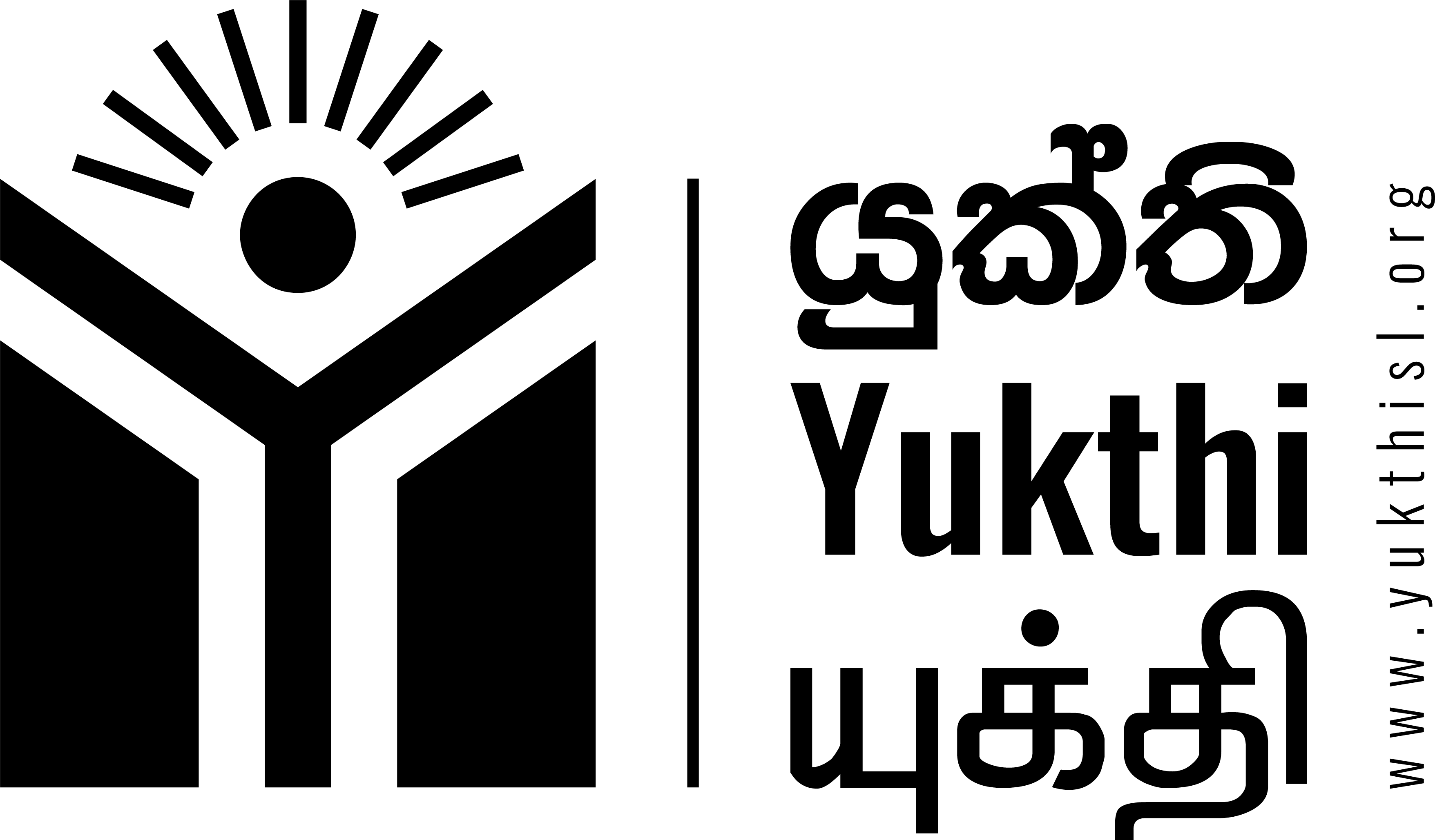

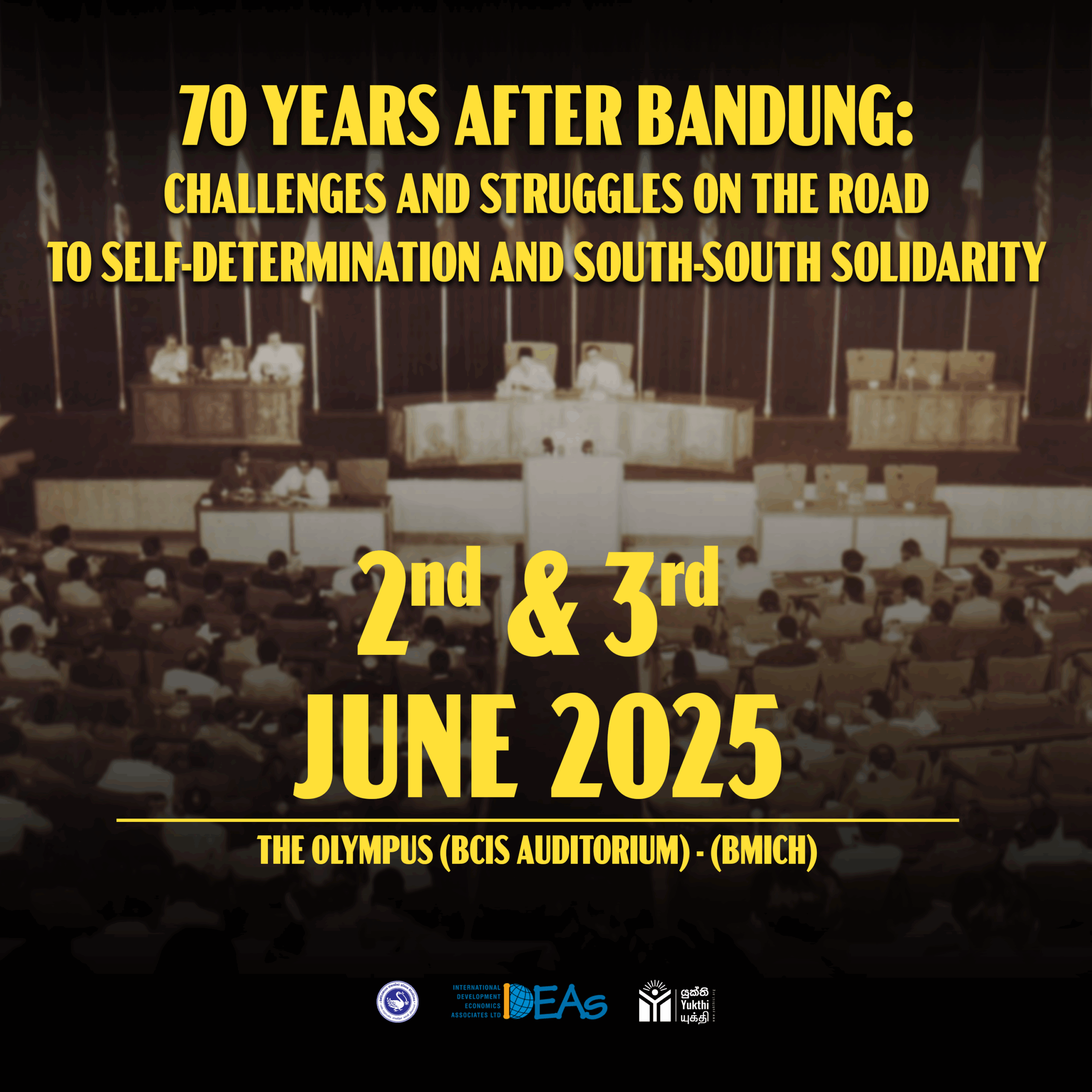
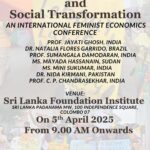

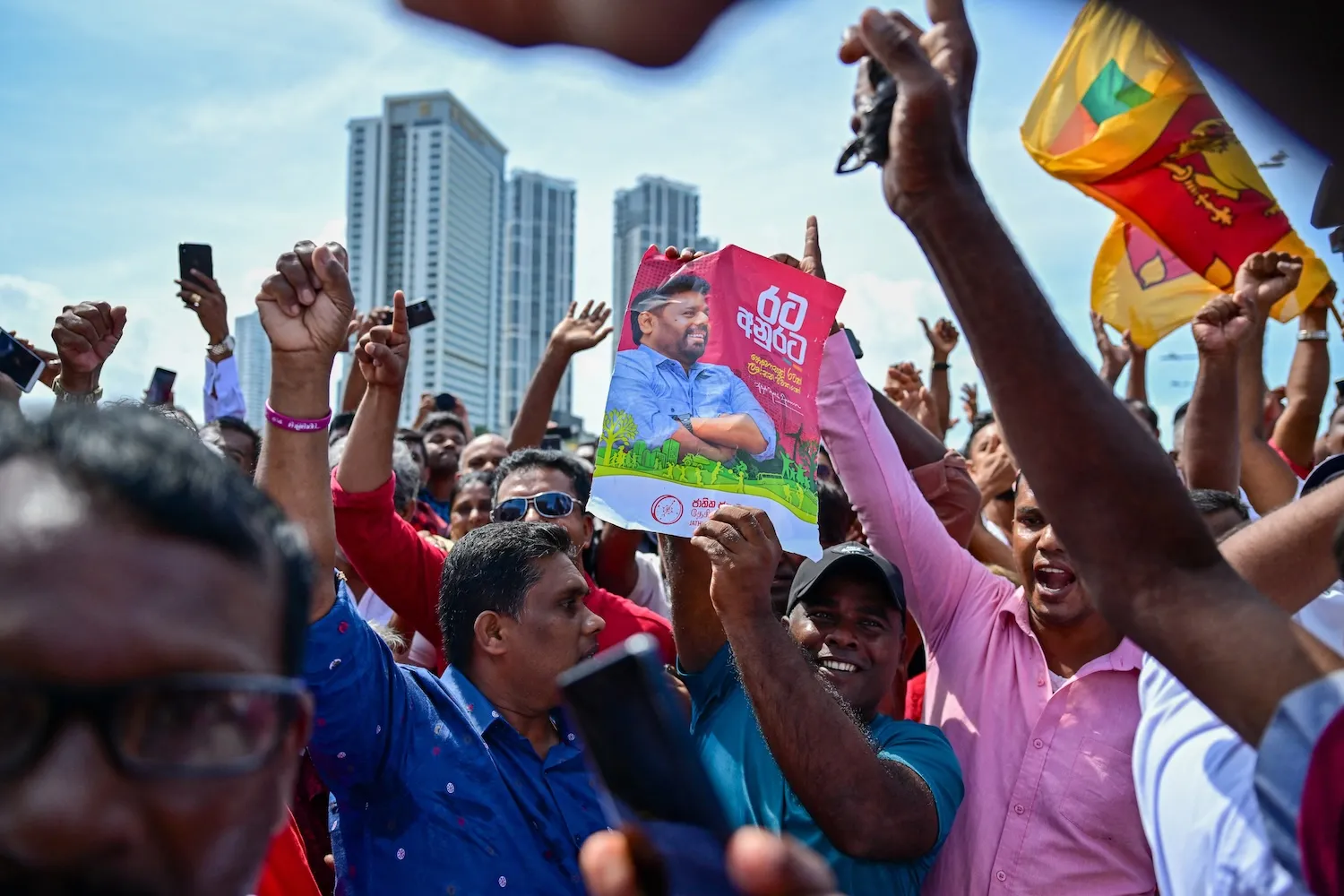


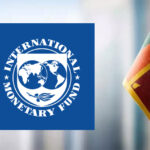
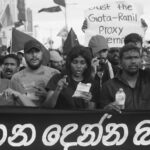


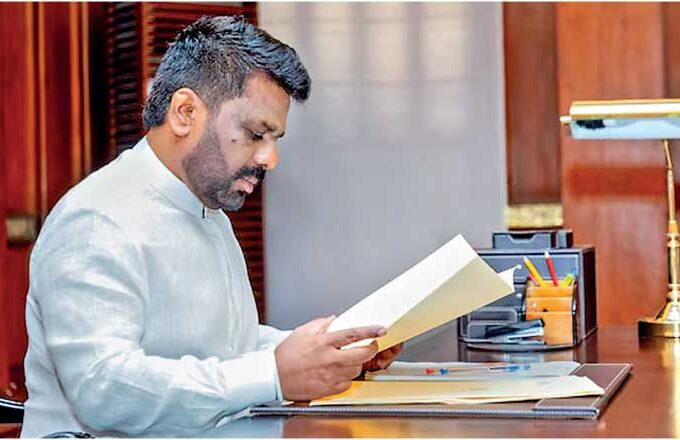
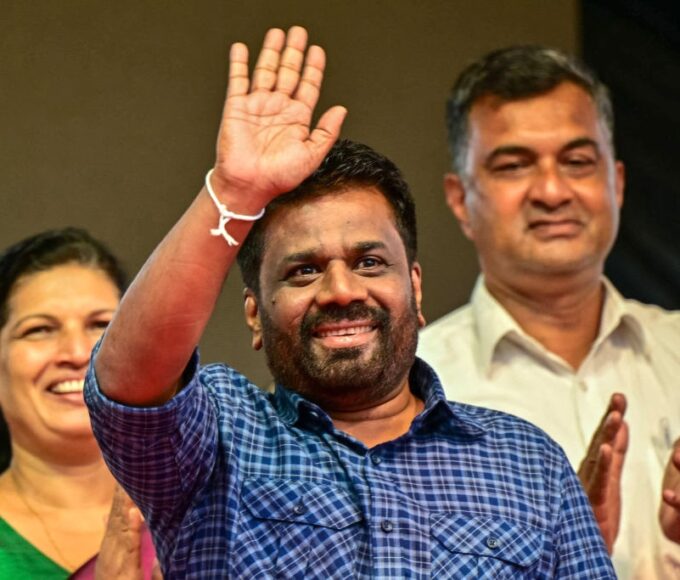

Leave a comment